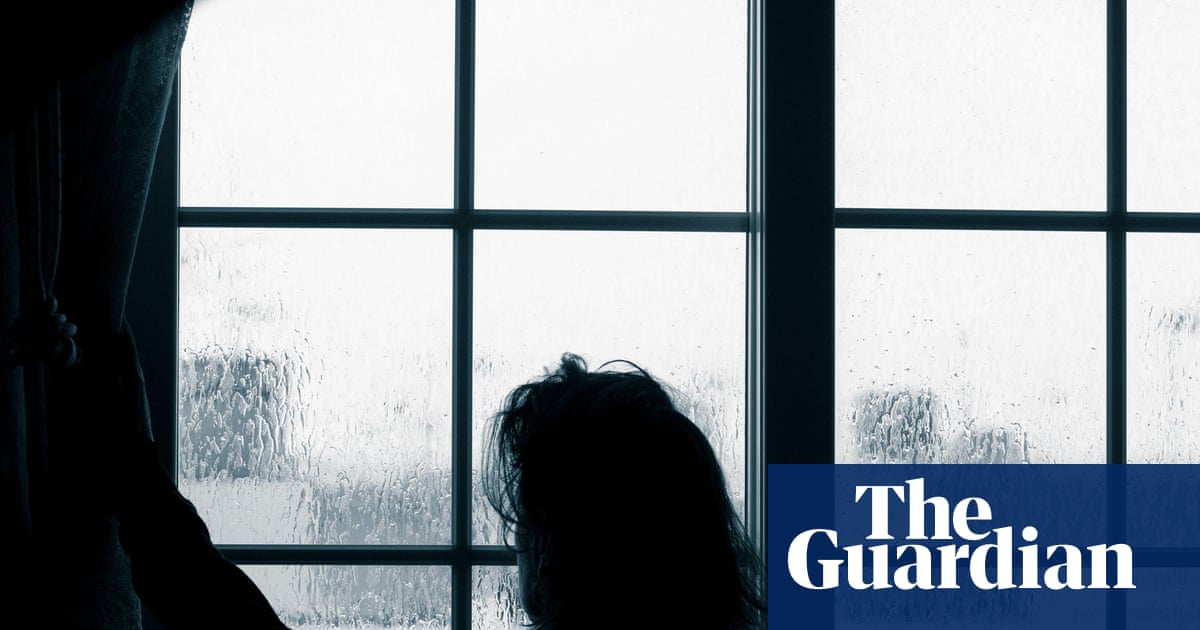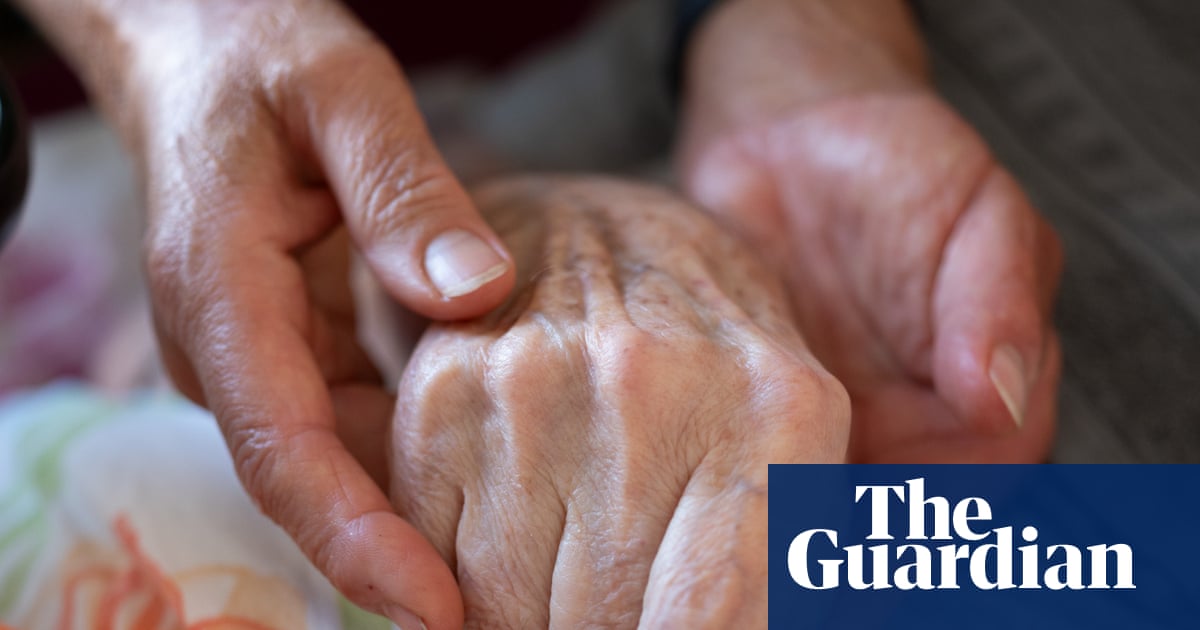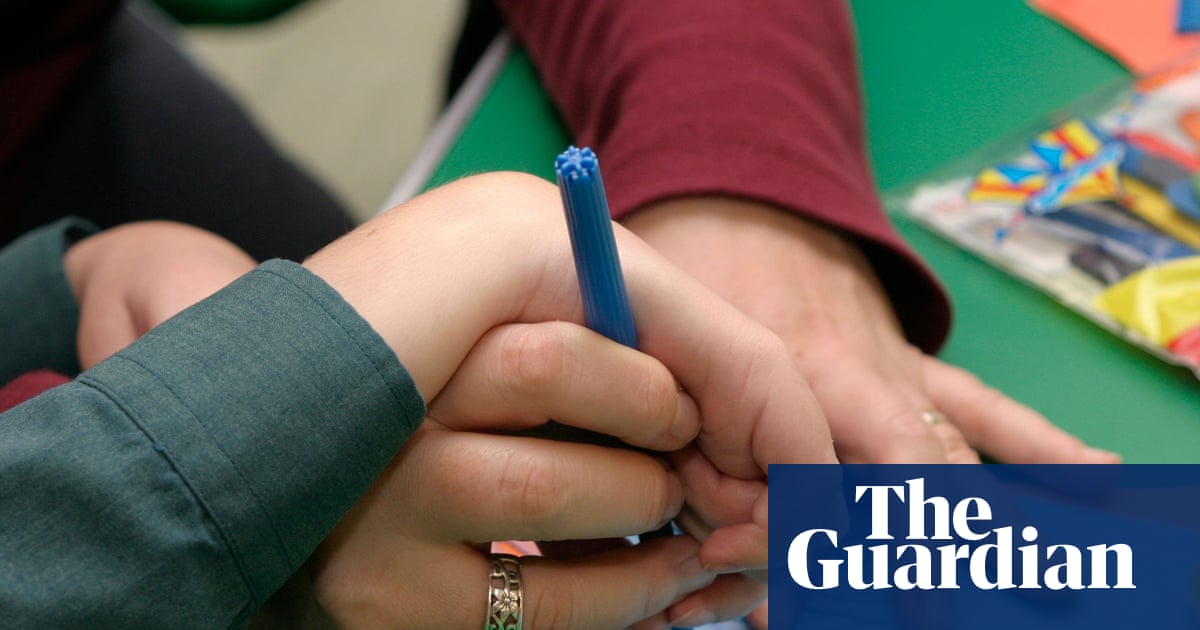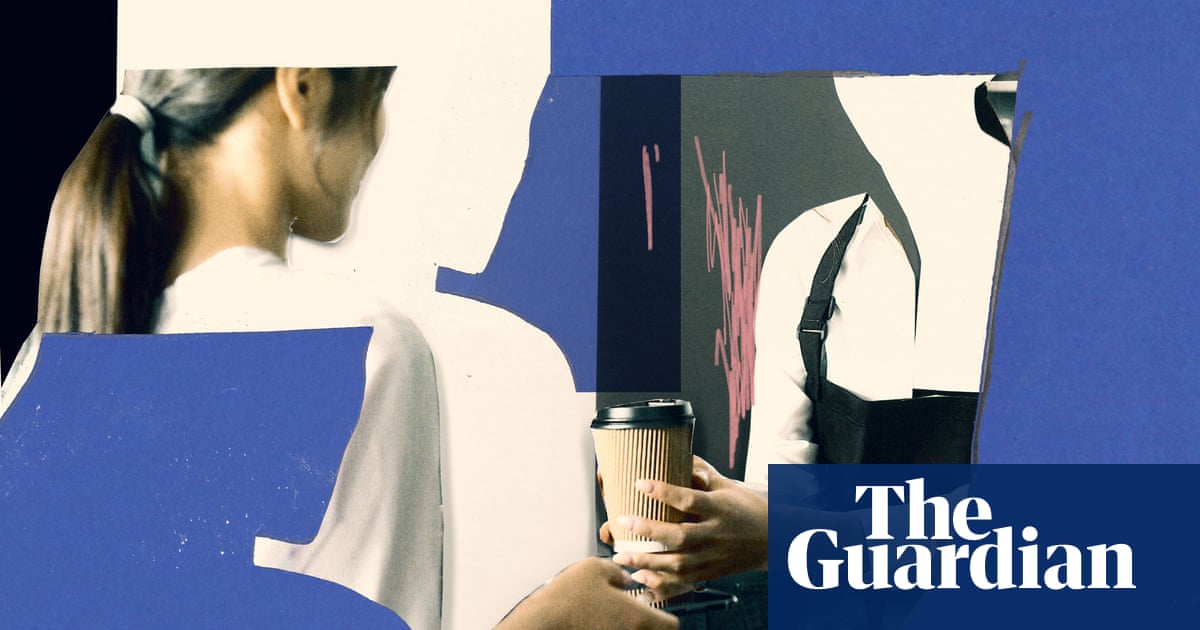As she reeled from the discovery of a pornographic website featuring AI-generated images of herself naked, the prominent Italian journalist and writer Francesca Barra said the question that struck her the most came from her young daughter.
“She asked me: ‘how do you feel?’,” Barra, 47, said. “But what I heard was another more subtle question that my pre-adolescent daughter perhaps didn’t have the courage to ask, and that was: ‘If it happened to me, how would I handle it?’.”
Social Media Girls, which has more than 7 million worldwide subscribers and includes a section dedicated to “Italian nude VIPs”, is the latest in a series of sexist online forums to have surfaced in Italy’s public domain in recent months.
It follows Mia Moglie (My Wife), a now-shuttered Facebook group where men exchanged intimate photos of their wives, and a website called Phica, a misspelt play on a slang word for vagina in Italian, where doctored images accompanied by obscene comments of dozens of high-profile women, including the prime minister, Giorgia Meloni, were published. Phica has since been removed by Italian prosecutors and the man who operated the site is under investigation, while Social Media Girls is being investigated amid calls to close it down.
In a reaction reminiscent of #MeToo, dozens of journalists, actors, influencers and female politicians targeted on the sites have spoken out against what has been collectively described as “virtual rape”.

Italy has long grappled with profound misogyny but the rapid spread of sexist forums, especially those using AI, is presenting an additional and hugely complex challenge.
Barra, who hosts a political TV show on the Rete 4 channel was the first well-known Italian woman to publicly denounce and submit a legal complaint against Social Media Girls, which has been active for 11 years and featured “nudified” images of several personalities, including the actor Sophia Loren.
The mother of four was informed her image was on the site by a man who visited it.
“When I first saw it, I felt violated and mortified,” Barra said. “Then I became angry and told myself: ‘I will not allow anyone to violate me twice’. Possibly the only consolation is that it was pointed out by a man, who obviously frequents porn sites but who seemed to understand that this is not just a game of sexual perversion between men, but a real crime against the inviolable principle of consent.”
Barra said it was her duty to speak out on behalf of the women who do not share the same level of public prominence or who are too afraid to come forward because they fear being judged.

This is the challenge facing a team at the law firm Annamaria Bernardini de Pace, which is working to bring together a class action lawsuit against the sexist forums.
One of the lawyers, Daniela Caputo, said it was mainly the younger women who were reluctant to join the legal action. “A 21-year-old was totally shocked when she found her photos on Phica but is unsure about whether to participate,” she added. “Compared to older, more accomplished women, she fears that over-exposing herself will affect her reputation, her job prospects and, ultimately, the rest of her life.”
Another hindrance is that the vast majority of the women affected do not have the economic capacity to pursue their cases legally, especially with many financially entwined with the men responsible for sharing the images, for example the husbands who contributed to Mia Moglie.
There is also frustration among the ordinary women who for years reported the forums to police but whose complaints were not taken seriously.
Agata Vee, one of the promoters of a petition on Change.org this summer which called for Phica to be closed down, said she regularly contacted the site’s moderators to get images removed. “Some of its pages dated back to 2006,” she said. “Sometimes the moderators would delete the photos but then more would appear. About 80% of the material was of women who did not consent.”
In September, Italy became the first country in the EU to approve a comprehensive law regulating the use of artificial intelligence, including prison terms for those convicted of illegally spreading AI-generated or manipulated content if it causes harm.
Caputo said a major challenge was identifying those behind the platforms where the such harmful images land, especially as many originate from abroad. “Then when one site gets closed down, another one appears,” she added.
“But this problem is not unique to Italy – it is a global phenomenon that is becoming so important there needs to be an international synergy in tackling it.”
Barra said politicians from all sides need to come together to form a “plan of attack” because “the situation is only going to get worse”.
She said part of that plan needed to be raising awareness that “such crimes can be fatal”. She cited Carolina Picchio, who in 2013 became Italy’s first cyberbullying victim when she killed herself, aged 14, over video footage of her posted on social media. “She couldn’t bear the pain and the shame of the images circulating without her consent and didn’t know how to react or ask for help,” said Barra.
Barra also warned against plans by the government to restrict sex and relationship education in schools. Italy is one of the few EU countries that doesn’t have compulsory sex education.
“I hope they will rethink this as there is a cultural urgency to tackle this issue as well as a legislative one,” added Barra.

 2 months ago
45
2 months ago
45

















































